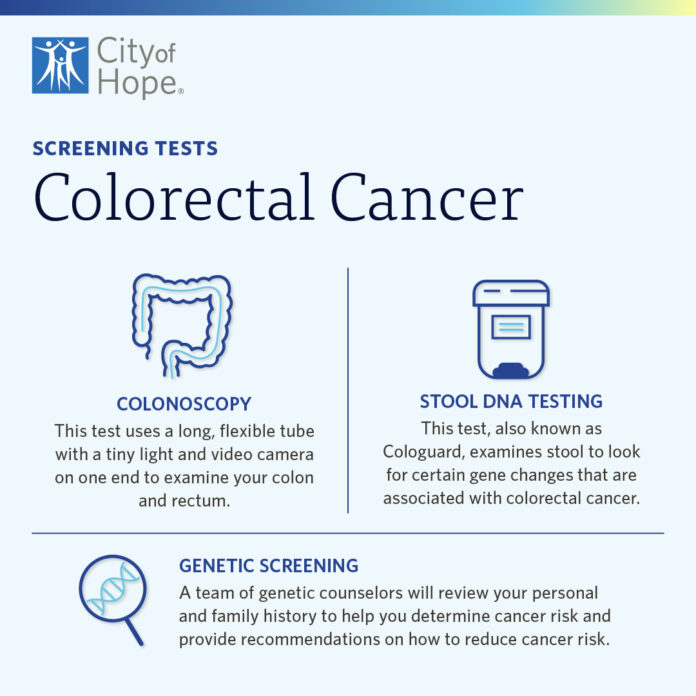
Experts Update Colon Cancer Screening Recommendations to Save Lives
Colon cancer is the third most common type of cancer and the second leading cause of cancer-related deaths in the United States. In an effort to save more lives, experts have recently updated the recommendations for colon cancer screening. These updated guidelines aim to detect the disease early when it is more treatable, ultimately leading to improved outcomes and reduced mortality rates.
Colon cancer develops in the colon or rectum, which are parts of the large intestine. It typically begins as small, noncancerous polyps that over time can become cancerous if left untreated. Screening tests are essential because they can detect these polyps or cancerous growths in the early stages, allowing for timely intervention and improved treatment outcomes.
The United States Preventive Services Task Force (USPSTF) is a panel of independent experts who provide evidence-based recommendations regarding various preventive care services, including colon cancer screening. In 2021, the USPSTF updated its guidelines on colon cancer screening, expanding the age range and recommending additional screening options.
Previously, the USPSTF recommended screening average-risk individuals between the ages of 50 and 75 using various methods such as fecal occult blood testing (FOBT), flexible sigmoidoscopy, or colonoscopy. However, the recent update now recommends that individuals with an average risk of developing colon cancer start screening at the age of 45, five years earlier than previously recommended. This change is due to the increasing prevalence of colon cancer in younger adults.
Additionally, the USPSTF now recognizes additional screening options such as multitargeted stool DNA testing (FIT-DNA) and computed tomography colonography (CTC). These alternatives provide individuals with a wider range of options to consider when undergoing colon cancer screening. For those who are unable or unwilling to undergo a colonoscopy, these options may be more accessible and less invasive, increasing the likelihood of early detection.
The updated guidelines also outline recommendations for the frequency of colon cancer screening. The USPSTF suggests that individuals with average risk undergo screening every ten years if they choose colonoscopy or CTC. Alternatively, if they opt for FIT-DNA, screening should be done every one or three years, depending on the test’s availability. These recommendations are based on rigorous evaluation of scientific evidence and aim to strike a balance between the benefits and potential harms associated with screening.
Early detection is crucial when it comes to treating colon cancer successfully. The disease often starts with no symptoms or subtle signs that are easily overlooked, making routine screening a vital tool. By detecting colon cancer at an early stage, doctors can implement appropriate treatment plans, leading to improved outcomes and a higher chance of survival.
Colon cancer screening is not just reserved for older individuals. Although the updated guidelines primarily target those at average risk, individuals with a family history of the disease or other risk factors may need to start screening at an even earlier age. It’s important for individuals to discuss their family and medical history with their healthcare provider to determine the best screening strategy for their personal circumstances.
Implementing these updated recommendations and increasing awareness about the importance of colon cancer screening can potentially save countless lives. By starting screening at an earlier age, using various screening options, and adhering to appropriate frequency, the hope is to detect colon cancer in its early stages, when it is more treatable and curable.
In conclusion, colon cancer is a significant health concern globally, and its impact can be devastating if left undetected and untreated. Experts’ updated recommendations on colon cancer screening aim to save lives by expanding the age range for screening, offering more screening options, and stressing the importance of routine testing. By following these updated guidelines and increasing public awareness, we can make significant strides in reducing the burden of colon cancer and improving outcomes for those diagnosed with this serious disease.

















